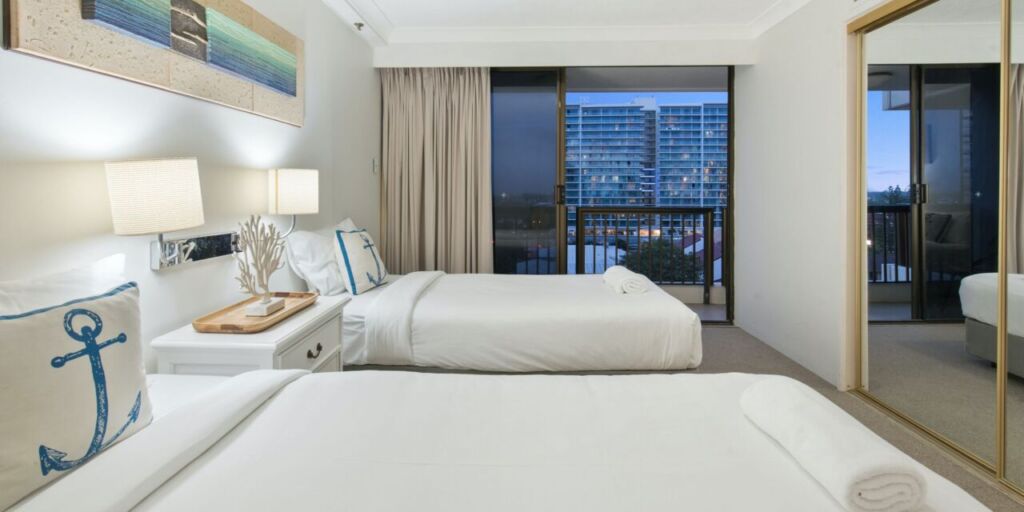Timeline of legislation for Short-term Rentals (airbnb)
The proposed legislation and accompanying regulations will come into effect in a phased-in approach.
Phase 1 – Increasing fines (immediately after the legislation is passed and receives royal assent)
- Fines
- Forthcoming regulations are intended to increase fines under the municipal ticketing information (MTI) system in the Community Charter and Vancouver Charter By-law Enforcement Ticket Regulations from $1,000 to $3,000 per infraction, per day.
- Increase the maximum fine regional districts can set for prosecutions of bylaw offences to $50,000 (consistent with the maximum fine for municipalities under the Community Charter).
- Regional districts
- Amend the Local Government Act to provide regional districts with the authority to create businesses licences for short-term rentals (airbnb).
Phase 2 – Releasing short-term rental units to long-term use (May 1, 2024)
- Enacting the principal residence requirement
- Require short-term rentals (airbnb) to be provided in the principal residence of a host only, plus one secondary suite or laneway home/garden suite on the property in communities with a population over 10,000 people.
- Removing legal non-conforming use clause
- Remove legacy protections of non-conforming use of property in the Local Government Act and Vancouver Charter so they do not apply to short-term rentals (airbnb).
Phase 3 – Introducing platform accountability measures (summer 2024)
- Requiring that short-term rental platforms include businesses licence numbers on listings where they are used by a local government, and to remove listings without them quickly to ensure local rules are being followed.
- Requiring platforms to provide certain information about listings to the Province on a regular basis and allow the Province to share information with local governments to support bylaw enforcement.
Phase 4 – Creating provincial oversight (late 2024)
- Creating a registry and requiring all short-term rental hosts to register their short-term rental properties, and require platforms to register their business operations with the Province.
To learn more visit: BC gov. short-term rentals
NOTE: There are asterisks (*) on communities that currently have a vacancy rate above 3% using 2023 CMHC data.
Communities currently exempt from this list may be added if local governments request to join or opt into the principal residence requirement.
The communities with a population of more than 10,000 people (in order of population size) are as follows:
- Vancouver
- Surrey
- Burnaby
- Richmond
- Abbotsford
- Coquitlam
- Kelowna
- Township of Langley
- Saanich
- Delta
- Nanaimo
- Kamloops
- Chilliwack
- Victoria
- Maple Ridge
- District of North Vancouver
- New Westminster
- Prince George*
- Port Coquitlam
- City of North Vancouver
- Langford
- Vernon
- West Vancouver
- Mission*
- Penticton
- West Kelowna*
- Campbell River
- Port Moody
- North Cowichan
- City of Langley
- Courtenay
- Squamish
- White Rock
- Fort. St. John*
- Cranbrook
- Salmon Arm
- Pitt Meadows
- Colwood
- Port Alberni
- Oak Bay
- Esquimalt
- Central Saanich*
- Lake Country
- Sooke
- Comox
- Powell River
- Parksville
- Dawson Creek*
- Sidney
- Prince Rupert*
- North Saanich
- Summerland
- Terrace
- View Royal
- Coldstream
- Nelson
- Williams Lake*
- Sechelt
The following are adjacent communities and will have the primary residence requirement:
- Qualicum Beach
- Metchosin
- Duncan
- Cumberland
- Highlands
- Anmore
- Pouce Coupe*
- Belcarra
Resort regions will be exempt from the principal residence requirement but can opt in if local governments choose to do so. There are 14 resort regions in the province:
- City of Fernie
- Town of Golden
- Village of Harrison Hot Springs
- District of Invermere
- City of Kimberley
- Town of Osoyoos
- Village of Radium Hot Springs
- City of Revelstoke
- City of Rossland
- Sun Peaks Mountain Resort Municipality
- District of Tofino
- District of Ucluelet
- Village of Valemount
- Resort Municipality of Whistler
The information provided on this website does not, and is not intended to, constitute legal advice; instead, all information, content, and materials available on this site are for general informational purposes only.
Check our other blogs under Real Estate 101 – that might give you answers about buying or selling a home.

